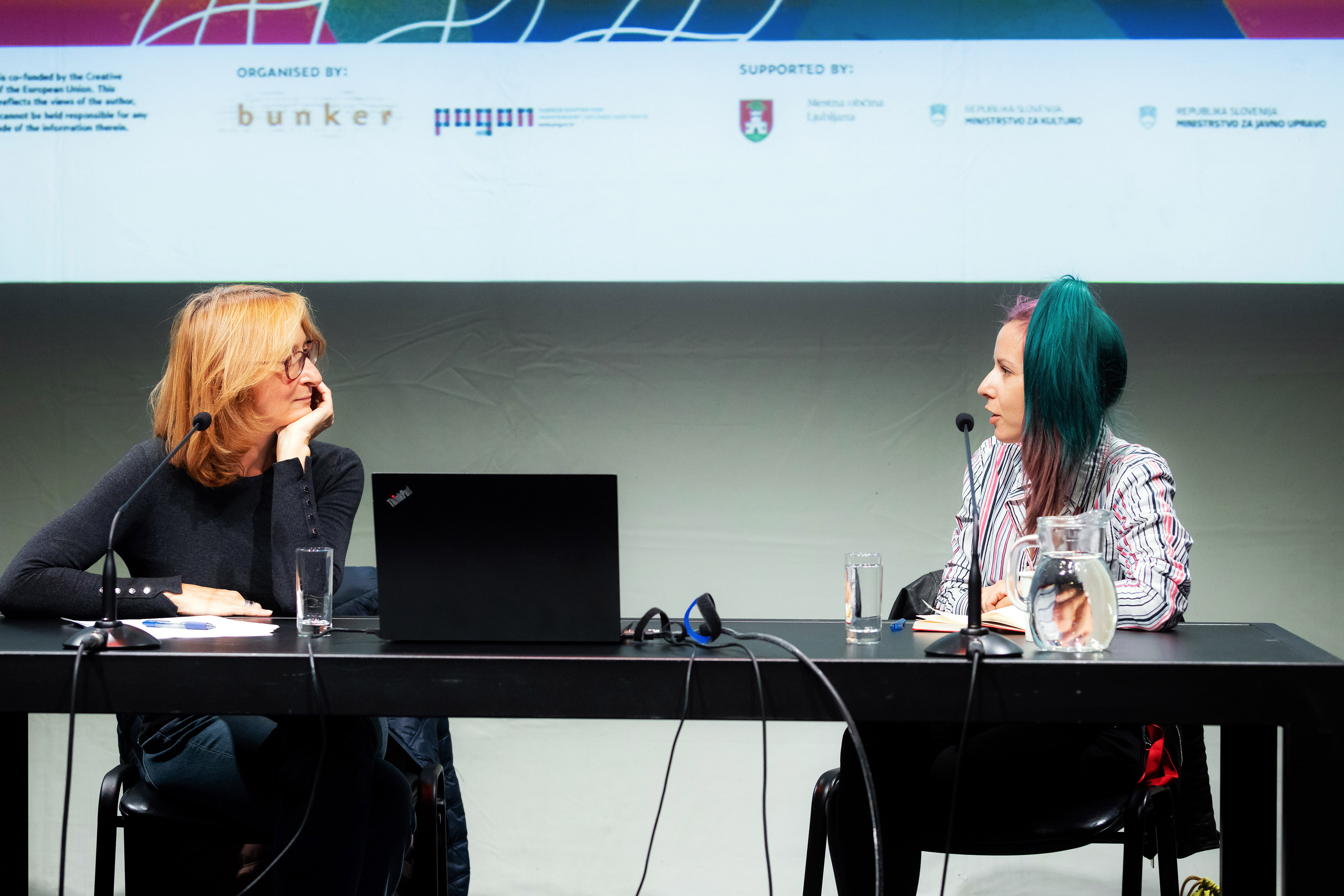 Blog
Blog
Summary of the Evaluation Report of RESHAPE
The Evaluation Report is prepared by Eduardo Bonito, Claire Malika Zerhouni, Isabel Ferreira, Katarina Pavić and Lívia Diniz with contribution of Lala Deheinzelin
 Blog
Blog
The Evaluation Report is prepared by Eduardo Bonito, Claire Malika Zerhouni, Isabel Ferreira, Katarina Pavić and Lívia Diniz with contribution of Lala Deheinzelin
 Audio
Audio